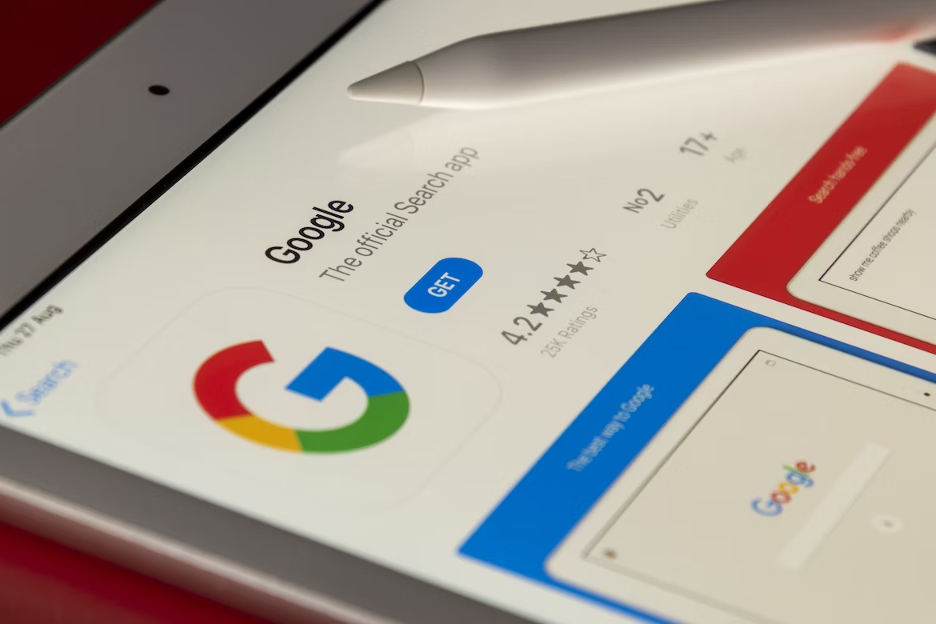The title of this post is a slight misnomer. SEO (search engine optimization) is often considered a hard science, when in fact, it is a hardy mixture of art and science that combine and ultimately manifest into results that hopefully generate income for the website owner. However, it appears that the artistic side of things has become progressively less important in the modern world than the scientific side. Consequently, more and more SEOs have begun to eschew this aspect and focus more ardently on getting the technical aspects of the field correct. Search engines (and now AI) have begun to increase their reliance on hard, clinical data in order to improve performance and proffer the best results to their users. As such, SEOs need to engage the left brain if they want to see the type of results that can move the needle.
Master The Art Of Keyword Research
Ok, so in the introduction, I mentioned that SEO had become more of a science than an art, but that isn’t to say the scales have entirely tipped away from art. When it comes to a core SEO skill like keyword research, you need to combine both sides of the story to achieve desirable outcomes. Therefore, an SEO consultant like Eran Shayovich will still suggest you begin here before moving on to other aspects of the field. When starting a new website or adding content to an existing one, you should really start here to get to the crux of what your users are searching for. Once you have compiled a decent list of phrases and arranged them into a topical cluster, you can begin work on the content.
Optimize Your Content For Search Engines
If you are serious about boosting your organic traffic, you need to write in such a way that sounds natural to a human but is parseable to a computer (i.e., a search engine). Regardless of the raft of AI writers that have hit the market in recent months, nothing can beat a well-crafted post that takes into account the wants and needs of those reading it. Beyond merely responding to a query, your content’s primary goal should be to convince visitors to make a purchase or convert in some way that will create revenue. This might be funneling them toward a product or service you provide or convincing them to make a purchase with which you will gain a commission etc.
Image source: https://unsplash.com/photos/yeB9jDmHm6M
Embrace The Power Of Backlinks
You’ll hear the claim that “SEO is dead” on all SEO-related channels and forums, but this is far from the case. With the right strategy, you will quickly discover your site surging through the rankings and ending up within the fabled top 3 results. The only way to achieve this is by investing in lots of very high-quality backlinks that provide your website the fuel it needs to rocket to the moon, as they say! However, the key takeaway here is “high-quality.” If your sole focus is on saving money and buying bulk quantities of terrible links, you will suffer a fate worse than death (which in the world of SEO tends to be page 2 of the Google search results!).
SEO is not as challenging as most folks make out. Nevertheless, it requires a keen understanding of the fundamentals paired with a willingness to spend money in the right places. Once you’ve established the groundwork, nothing can stop you.


